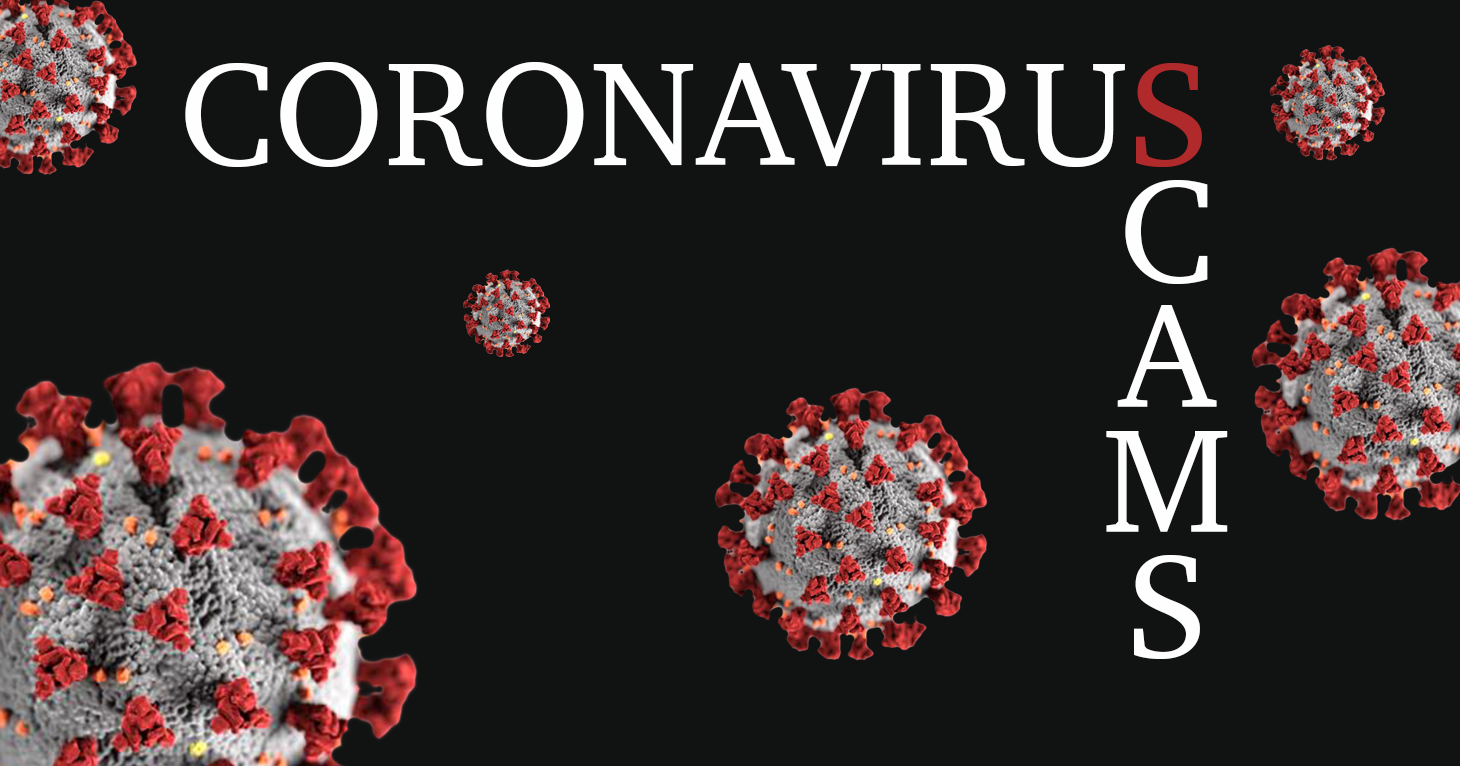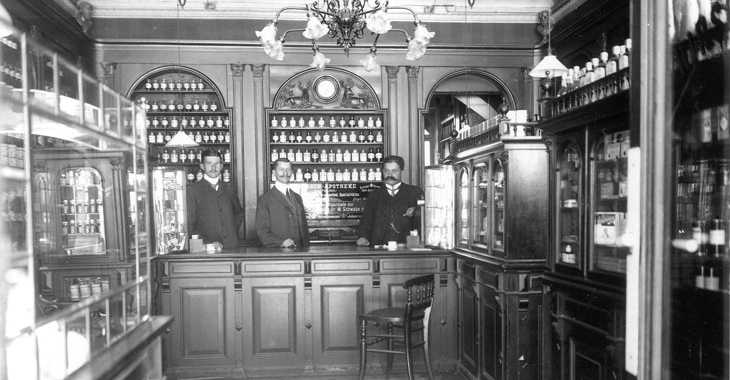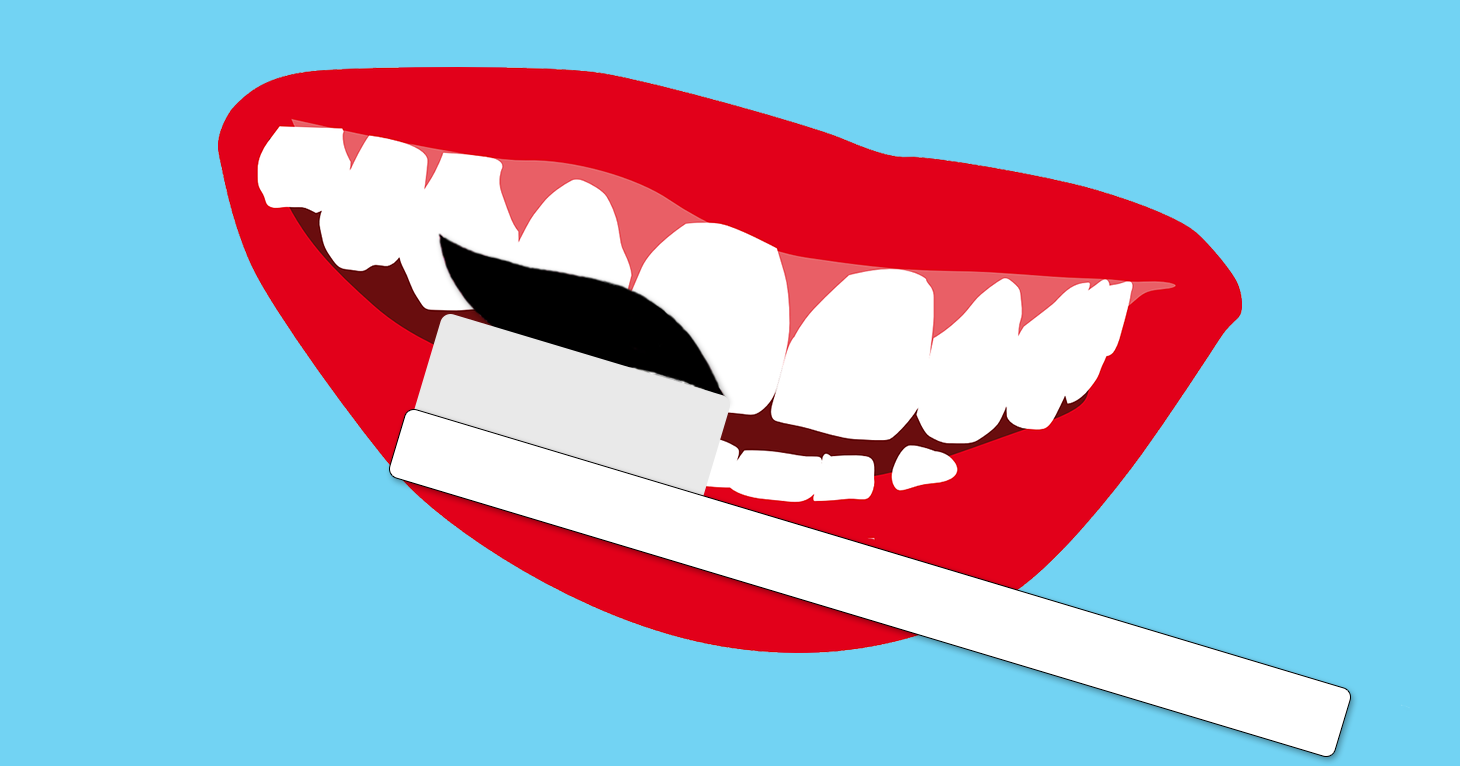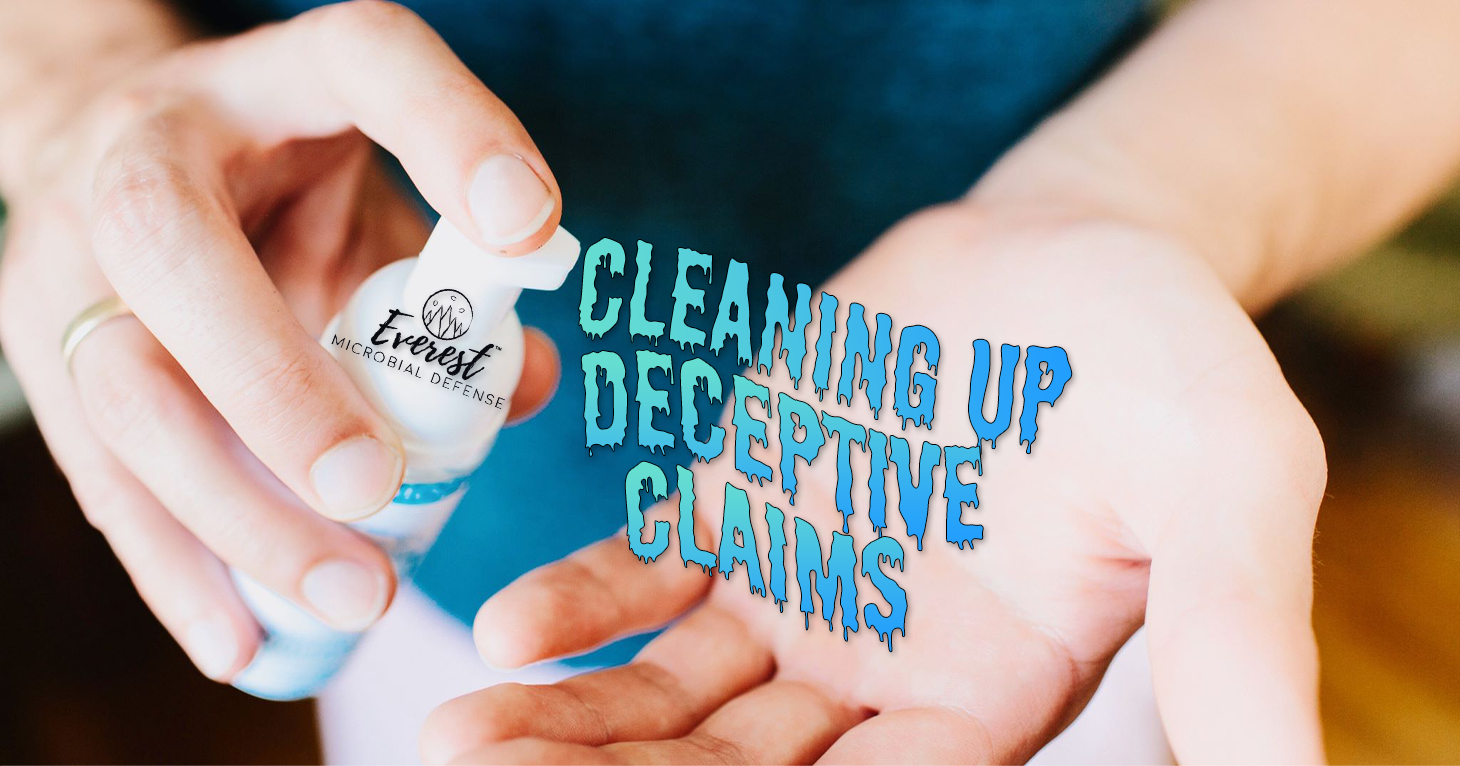
A Growing List of Coronavirus Scams
A master list of known and alleged scams.
But do they really make us healthier?
Take vitamins. Wash your hands with antibacterial soap. It all sounds like a common-sense plan to stay healthy and keep germs at bay. But do they really make any difference? Or should we add this to the list of things not to bother with anymore?
A new editorial written by a group of physicians in the Annals of Internal Medicine contends that consumers who buy vitamin supplements are wasting their money. Say the physicians:
The message is simple: Most supplements do not prevent chronic disease or death, their use is not justified, and they should be avoided.
While there are numerous studies showing that there are no benefits, and possibly some harm, in taking multivitamins, the number of adults in the U.S. taking the supplements increased to 39 percent between 2003-2006, the doctors noted. Domestic sales for vitamin and mineral supplements totaled more than $30 billion in 2011, according to media reports.
Well, if the general population of us who don’t have any micronutrient deficiencies should stop buying multivitamins, what about keeping healthy by scrubbing off germs with antibacterial soaps?
Hold off. A leading microbiologist at the FDA found that there was no evidence that over-the-counter antibacterial soaps are any more effective at preventing illness than just washing with plain soap and water.
In fact, the FDA is concerned antibacterial soaps that contain chemicals, such as triclosan, could be harmful and may make bacteria more resistant to antibiotics.
“New data suggest that the risks associated with long-term, daily use of antibacterial soaps may outweigh the benefits,” says Colleen Rogers, a lead FDA microbiologist. “There are indications that certain ingredients in these soaps may contribute to bacterial resistance to antibiotics, and may have unanticipated hormonal effects that are of concern to the FDA.”
The agency is asking manufacturers – who sold more than $5 billion worth of soap and bath products in the U.S. in 2012– to provide more substantial data including clinical evidence demonstrating the safety and effectiveness of antibacterial soap products used with water. (The request does not apply to hand sanitizers, antibacterial wipes, or antibacterial soaps used in healthcare settings.) The FDA is expected to make a final ruling whether to ban the soaps in September 2016.
Maybe the only benefits of these products are making the bottom lines of the companies that sold them healthy?
A master list of known and alleged scams.
Influencers tout the benefits of brushing with charcoal toothpaste. But do the products work?
Company had claimed the key ingredient in its “system of protection” was proven to “kill” the coronavirus.


